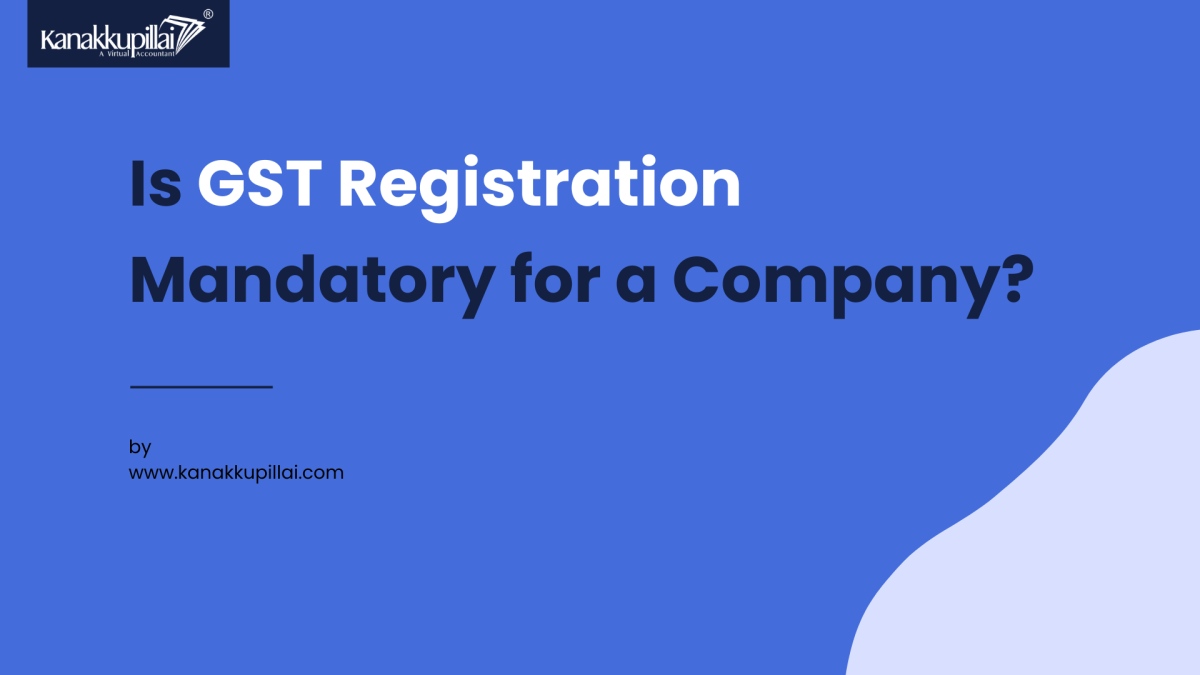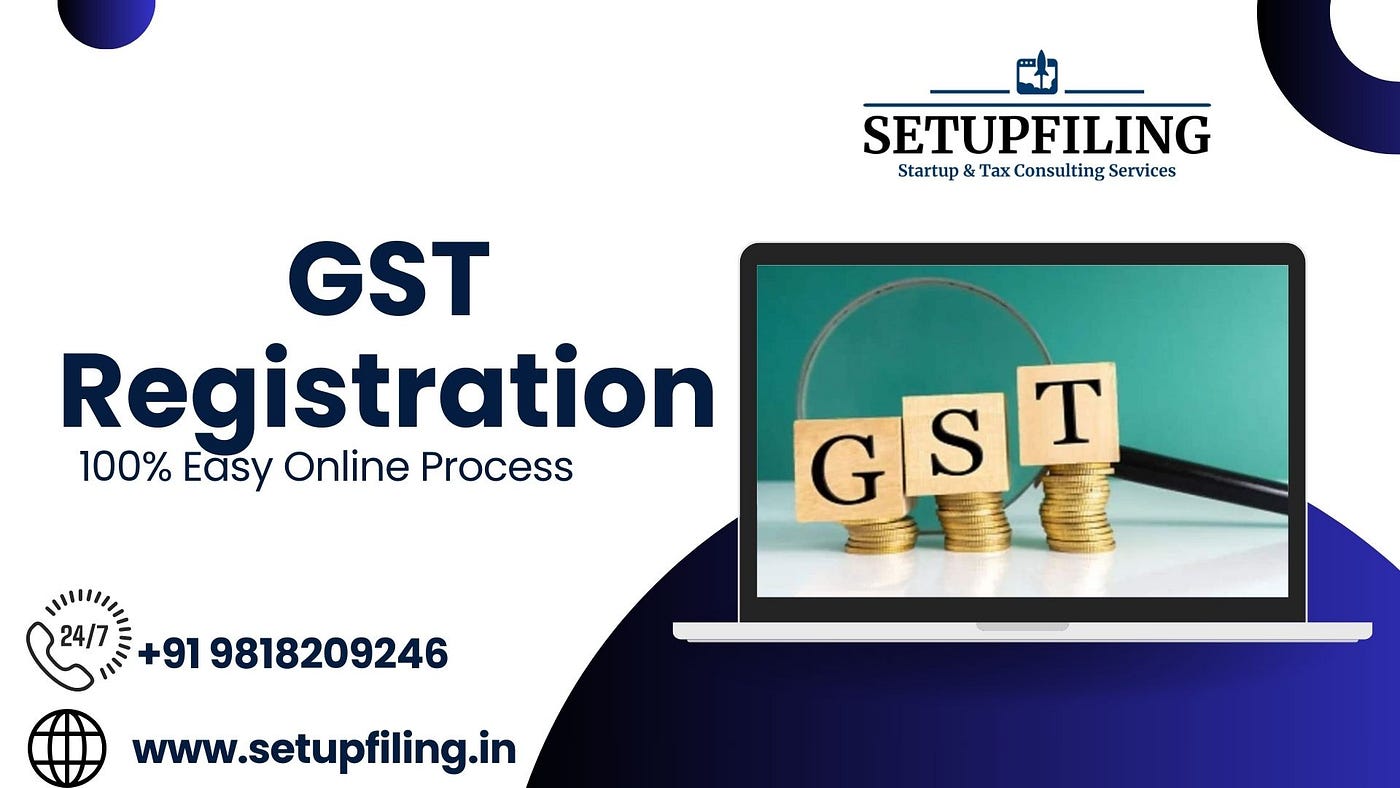Maximize Your Savings with the most effective GST Registration Services in Singapore
Maximize Your Savings with the most effective GST Registration Services in Singapore
Blog Article
From Beginning To End: The Ultimate Roadmap to GST Registration for Services Looking For Financial Stability
Navigating the complexities of Item and Provider Tax (GST) registration is a vital action for organizations pursuing financial security. From understanding the basic concepts of GST to abiding with post-registration guidelines, the process can appear daunting initially glance. Nevertheless, damaging down the roadmap right into convenient actions can simplify the enrollment journey for businesses seeking to enhance their monetary standing. Allow's explore the important elements that comprise this utmost roadmap and uncover how each stage contributes to laying a strong structure for monetary success.
Recognizing GST Basics
Looking into the basic concepts of Goods and Provider Tax Obligation (GST) is important for gaining a thorough understanding of its effects on businesses and the economy. GST is a value-added tax imposed on a lot of products and services for domestic usage. It has actually changed multiple indirect taxes that existed in the pre-GST period, simplifying the tax obligation structure and enhancing convenience of doing service in India. Under the GST system, both services and items are tired at a particular price, which is figured out based on their category. If their yearly turnover surpasses the threshold restriction set by the federal government, services are needed to register for GST. Input Tax Credit Score (ITC) is a considerable attribute of GST, permitting organizations to assert debt for taxes paid on inputs, reducing the general tax obligation burden. Comprehending the basics of GST is important for services to follow tax laws, manage their financial resources successfully, and contribute to the country's financial development by taking part in a clear tax obligation system.
Eligibility Criteria for Enrollment
To sign up for GST, businesses need to fulfill details qualification requirements established by the government. The main eligibility requirement is that any business associated with the supply of items or solutions with an annual accumulation turn over above the threshold limit set by the authorities should register for GST. Since the existing laws, the threshold restriction for GST enrollment is a yearly accumulation turnover of 40 lakhs for services operating within a state, other than for unique classification states where the limit is 20 lakhs. In addition, specific businesses are called for to register for GST irrespective of their turn over, such as interstate vendors, casual taxed persons, and businesses reliant pay tax under the reverse cost system. It is important for organizations to completely examine their turnover and transaction kinds to identify their GST enrollment commitments precisely. Failing to sign up for GST when eligible can cause penalties and lawful consequences, making it essential for services to comply with the defined qualification requirements.
Records Needed for Registration
Having actually met the eligibility requirements for GST enrollment, companies need to now guarantee they have the requisite papers in place to proceed with the registration process effectively. The documents required for GST enrollment usually include evidence of business constitution, such my explanation as partnership deed, registration certification, or incorporation certificate for different types of businesses. In addition, companies need to give papers establishing the major location of company, such as a rental agreement or electrical power expense.
Step-by-Step Enrollment Refine
Beginning the GST enrollment process involves a collection of organized actions to ensure a smooth and compliant registration for businesses. The very first step is to check out the GST portal and submit the registration form with precise information of the service entity. Following this, the candidate receives a Momentary Reference Number (TRN) which is made use of to return to the application process if it's not finished in one go.
Next, all called for papers as per the list offered by the GST portal demand to be submitted. These documents typically include evidence of business address, identity and registration evidence of marketers, monetary statements, and company entity's frying pan card.

Post-Registration Conformity Guidelines

Conclusion
Finally, companies looking for economic security has to comprehend the basics of GST, fulfill qualification requirements, collect essential records, adhere to the detailed registration procedure, and conform with post-registration standards - Best GST registration services in Singapore. By sticking to these steps, services can click here for more info make sure compliance with tax obligation regulations and keep economic stability over time
In addition, specific companies are needed to sign up for GST irrespective of their turnover, such as interstate distributors, casual taxable persons, and companies liable to pay tax obligation under the reverse fee system.Having met the qualification standards for GST registration, services should now guarantee they have the requisite records in area to continue with the enrollment procedure successfully. The files needed for GST registration usually include proof of company constitution, such as collaboration deed, registration certification, or incorporation certification for various types of services. Additionally, companies require to offer documents establishing the primary place of organization, such as a rental contract or electricity bill.Beginning the next GST registration process involves a collection of organized steps to make certain a certified and smooth registration for services.
Report this page